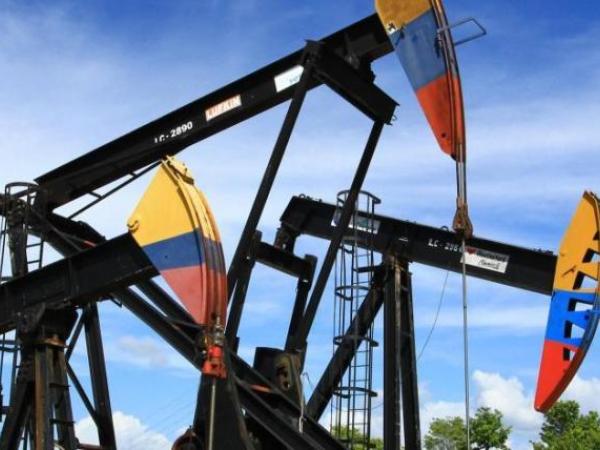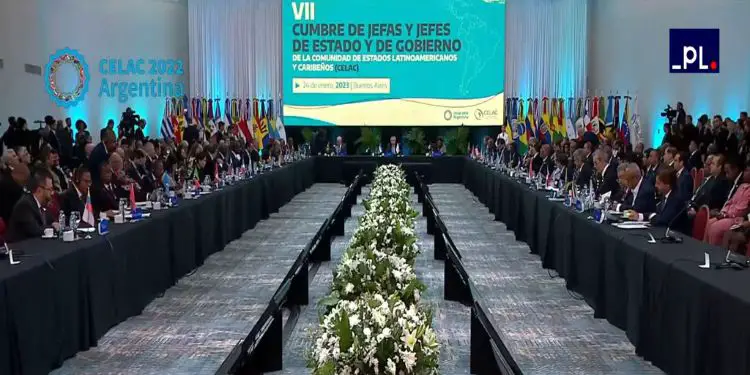The Autonomous Committee of Fiscal Rule (Carf) published a document with estimates of the macroeconomic and fiscal effects of the policy of no further exploration of hydrocarbons and the approved tax reform.
(See: They open an investigation into the Minister of Mines, Irene Vélez).
The report highlights that the mining-energy sector is a source of growth in Colombia, it contributes income to the National Central Government (GNC), to the regions through royalties and is the main source of foreign currency for the country.
For this, hydrocarbons policy is key to fiscal sustainability.
And that, according to data from the Colombian Oil and Gas Association (ACP), the impact of the reform, added to the position of not signing new exploration contracts, “would lead to a 30% drop in investment in the sector“.
(See: Former Director of Hydrocarbons did not participate in the Minminas report).
CARF estimates also show that this implies a drop in oil production in a similar magnitude by 2030.
According to the Committee, “a decrease in investment of 30% per year in the period 2023-2030, would lead to a drop in production in 2030 of about 286,000 barrels per day” and the above would result in a drop in exports, which would lead to a greater trade imbalance.
(See: The origin of the ‘divorce’ of Irene Vélez and her Vice Minister of Energy).
The CARF analysis comes days after the Minister of Mines, Irene Vélez, said that the Government would not sign more oil exploration contracts, during a speech at the World Economic Forum in Davos.
Irene Vélez, Minister of Mines and Energy
Later, he qualified his words and assured that the intention is not to award new contracts, but that It is not ruled out that the door will open in the future.
(See: Minister of Mines opens and closes the door to new oil exploration).
Added to this is the controversy surrounding the study ‘Balance of hydrocarbon contracts and resources available for the Just Energy Transition’ used by the Ministry of Mines and Energy to support the decision not to award new oil and gas exploration and production contracts continues.
In this text it is stated that the country has ‘self-sufficiency by 2037 or 2042’.
(See: Minister Irene Vélez ratifies controversial report on gas resources).
However the Minister of Finance, José Antonio Ocampo, He clarified that for now the definitive figures are not available and the Government will hold a meeting next week to review the issue.
BRIEFCASE

















